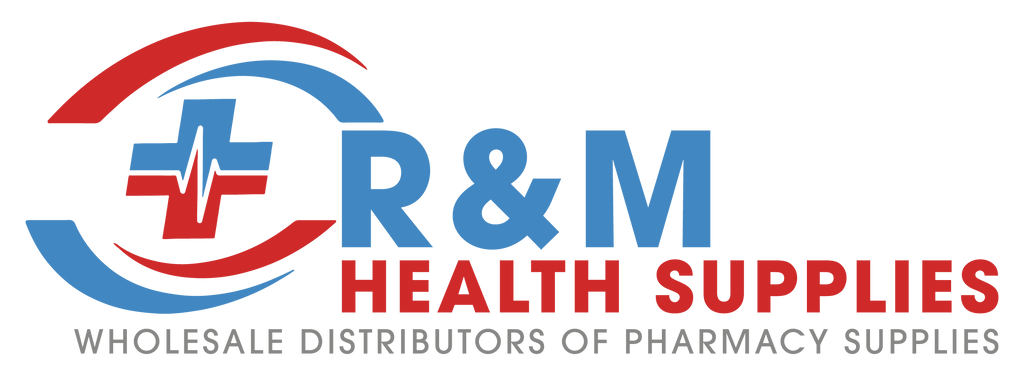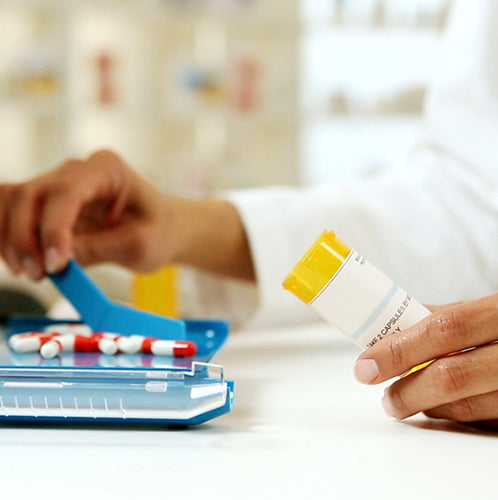Understanding Pharmaceutical Wholesale Distributors

If you want to know how counterfeit drugs get into the supply chain, you must understand what the supply chain is. This article gives more profound insights into wholesale distributions and their workflow.
Wholesale distributors are the secondary connection of the drug supply chain. They get the drugs from the manufacturers and deliver them to different locations across pharmacies, hospitals, clinics, doctors, offices, and labs. Some perform the role of selling the drugs, while others deal with medical equipment. Some sell different pharmaceuticals' pharmaceuticals supply or target a particular audience. Let's understand the role and nature of pharmaceutical wholesale distributors in the upcoming paragraphs:
The Traditional Distribution Model
There has been no significant transformation in the traditional distribution model over the years. Wholesale distributors get pharmaceutical supplies and equipment from pharma companies and keep them in warehouses to pharmacies. However, several functions have been included over the years, including drug repackaging, direct orders from individual people, and drug buy-back programs.
Increase in the Number of Manufacturers
Increasing pressure has led to the industry's growth at a fast pace. One way to deal with surging stress is to keep these illicit pharmacy supplies away from the industry, and another way is to keep the prices low.
Reduced Number of Distributors
An increase in the number of manufacturers has brought a downfall in the number of distributors. Buyouts and mergers have become a common thing in the field. This amalgamation has bought a paradigm shift in drug prices as large distributors have started selling low-cost products to earn profits. It has led to increased efficiency at various distribution stages and has developed special payment programs.
Distributors Control Over the Market
It is wrong to say that distributors have complete control over the market. Manufacturers have set their prices at branded drugs that stay intact across the board. Wholesalers hardly negotiate on prices as there is fierce competition in the market. The wholesalers adopt other approaches to reduce the costs by giving discounts to the distributors who can sell more products, pay the amount on time & sell drugs that have expiration before you sell them in the market.
Generic Products Offer the Wholesaler
On the other hand, generic products give a comprehensive view during negotiation. The manufacturers, wholesalers, and distributors sit together to fix the price of every pharmaceutical supply keeping parameters such as regional demand, store brand labeling, negotiations, public opinion, and more. Suppose the manufacturers and pharmacies have agreed to sell wholesale medical supplies at a specific price without discussing it with the wholesaler. In that case, he can ask the manufacturer to provide him with profit charges. For instance, 100 Bottles of Bayer Aspirin would be sold at the same price in every store, while the generic price might vary.
The Bottom Line
Distributors at pharmaceutical supply chains adopt strict procedures while selling and storing drugs. The prices of these drugs depend on the negotiations made by pharmacies, manufacturers, and wholesalers so that 3 of them can benefit from them.





